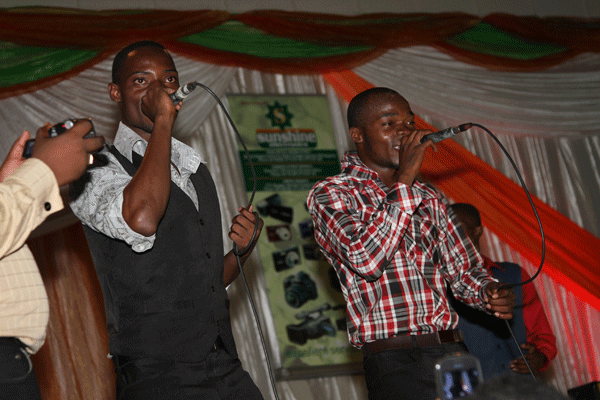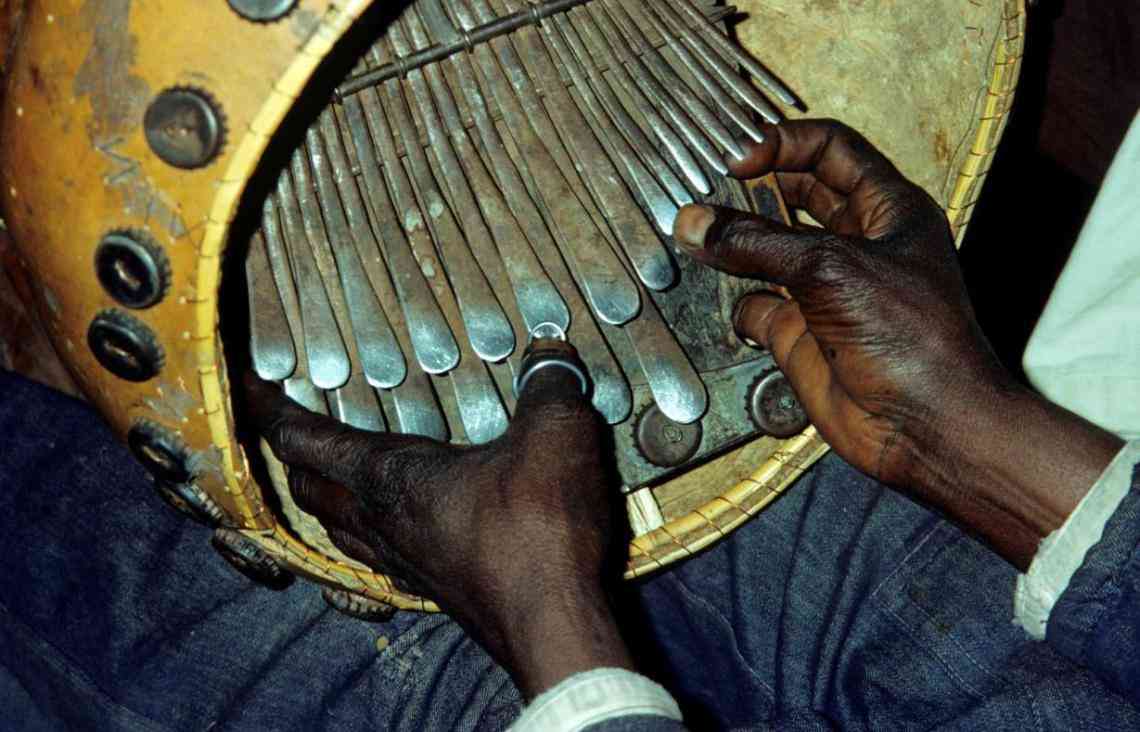
Sound Track: Freeman Makopa
TWO weeks ago — April 9 to be precise — marked the 23th anniversary of the death of legendary musician Leonard Musorowenyoka Dembo, who died in his prime while at the age of 37.
Unfortunately, the anniversary of his death passed quietly for a man whose contribution to the development of sungura music was so immense.
The songwriter and guitarist released some of the country’s greatest hits, which continue to capture the mood of this generation. Many local musicians have tried to fill in his shoes, but Dembo was in such a class that it has proved to be an impossible feat.
After forming his Barura Express Band in 1985, Dembo recorded a number of songs that have stood the test of time and still have relevance, decades after their composition.
Although the track Venenzia was described by many as a timeless hit, it was Chitekete that really established Dembo as a distinguished artiste. The song was even played at the Miss World finals in Namibia in 1996.
The charismatic but camera-shy singer also saw Chitekete voted Zimbabwe’s Silver Jubilee best song, despite competing with other great compositions such as Mugove by Leonard Zhakata.
Last year, there was talk about the need to have a plaque in Zimbabwe’s hall of fame or even a posthumous honorary doctorate for the late musician. His music was replete with meaning and his messages appealed to a wider and cross-over audience.
- Chamisa under fire over US$120K donation
- Mavhunga puts DeMbare into Chibuku quarterfinals
- Pension funds bet on Cabora Bassa oilfields
- Councils defy govt fire tender directive
Keep Reading
One feat which many of his contemporaries fail to match was his humility. Most musicians when they get the limelight, become overzealous.
His sons — Tendai and Morgan — have failed to fill in the void left by their father although they are still trying to find the formulae to his success.
Tragedy struck on April 9, 1996 when Dembo succumbed to nosebleeding. One never knows, maybe if he was still alive he could have also constructed his own music-learning centre like Pakare Paye that the late Oliver Mtukudzi left behind.
There is a belief that Dembo was so immersed in African culture to an extent that each time before releasing an album, he would summon his mother from Chirumanzu to appease his ancestors. This has led others to believe that Morgan and Tendai are failing to strike the right chords in music because the family has not yet appeased Dembo’s spirit through what is called kurova guva.
Dembo’s music has transcended generations and his popularity has continued to grow, not only among those who grew up listening to his music, but also among those born after the country gained its independence.
Musicians of this generation must emulate Dembo by listening to some of the late music icon’s compositions as they still live. They should also shun what Thomas Mapfumo called bubble-gum music, the type which doesn’t last for long.
These days, a song can impact the market highly if it has a video, but for Dembo, it’s said he only had two videos to his name, with the rest only audios. Despite that, the musician received widespread recognition.
He released songs that made fans to sing alone as lyrics accompanying his songs could educate. His songs also contributed a lot in relationship-building, unlike some songs we listen to today, which are mostly accompanied with violence and hate-speech. Maybe that’s the reason why Dembo was able to capture the hearts of both the young and old.
As no worthy replacement has been found yet, Dembo’s silence from the grave remains deafening.











